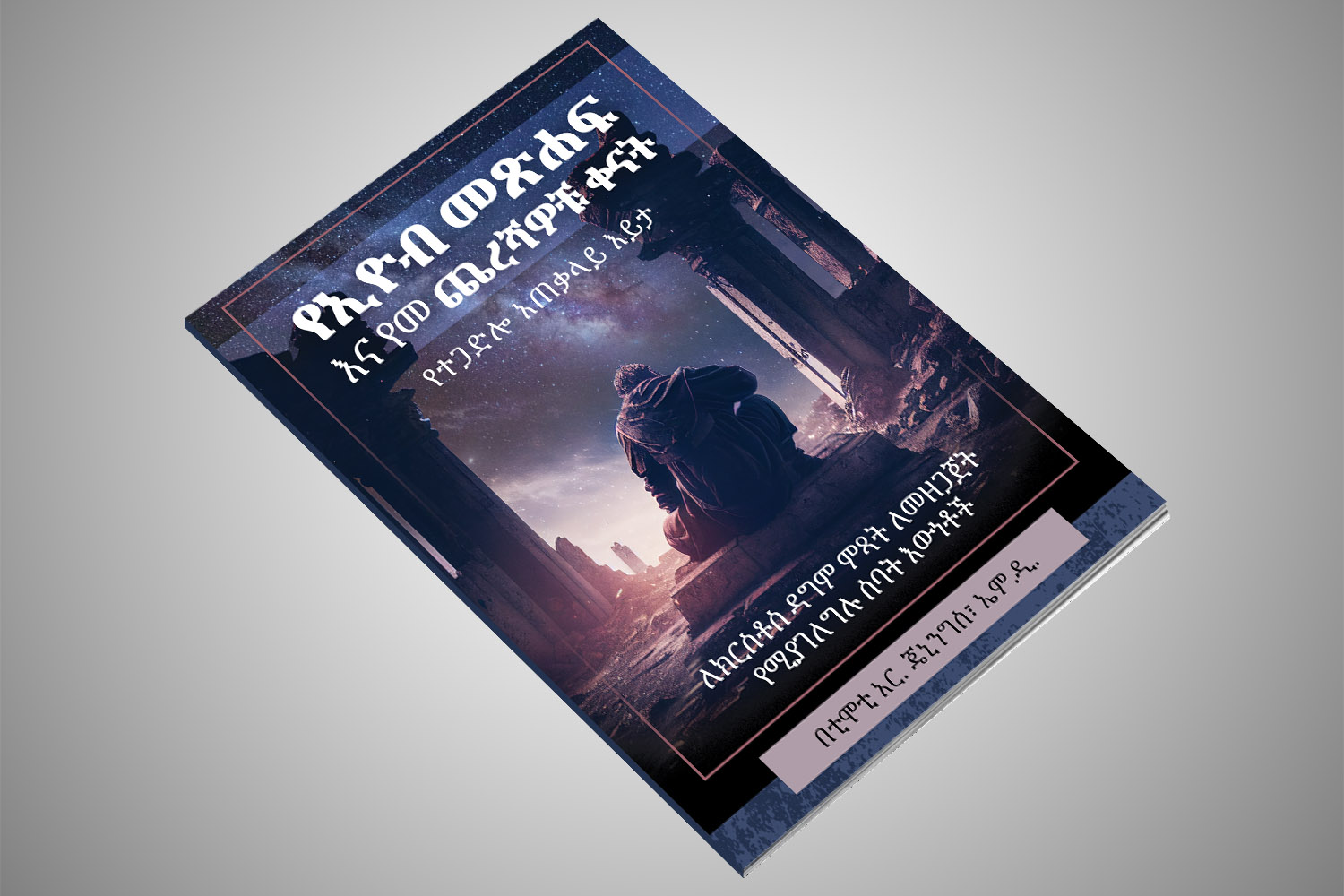Please help me with the following.
Matthew 5 : 22,23. What is Jesus saying to us and why do we have different translation of this as seen below. Why does some version have “ without a cause” and some don’t.
New International Version (©1984) But I tell you that anyone who is angry with his brother will be subject to judgment. Again, anyone who says to his brother, ‘Raca,’ is answerable to the Sanhedrin. But anyone who says, ‘You fool!’ will be in danger of the fire of hell.
King James Bible But I say unto you, That whosoever is angry with his brother without a cause shall be in danger of the judgment: and whosoever shall say to his brother, Raca, shall be in danger of the council: but whosoever shall say, Thou fool, shall be in danger of hell fire.
My understanding of this passage, is:
The “without a cause” phrase is left out of some translations, because it appears to have been added in later versions of the manuscript. Additionally, it is inconsistent with the rest of Christ’s teachings on how we treat our enemies. We are not to ever be angry with another human being, but can be angry at sin or sinfulness.
It’s like a doctor who is angry at disease. They are not angry at the patient that has the disease. For example, if a patient has Alzheimer’s Dementia and in that state does something violent toward the doctor, the doctor does not become angry with the patient, but certainly is angry at the disease, which is destroying the patient.
Therefore, “without a cause” is left out of more accurate translations, because there is never a cause, in God’s kingdom, to be angry with another person. We are to love our enemies.
The word “Raca” is a term that means “stupid.” To use this term against someone would be degrading their abilities, their intelligence, their capacity. It would not be a judgment of their character or eternal destiny. There is nothing wrong with making accurate judgments regarding someone’s abilities. We may have to do this in determining who is best qualified to hold various positions etc., However there is something wrong with using that knowledge to verbally demean another. Thus, Christ is saying if you do this you will be dealt with by the local counsel or authority, for such behavior is immature and may need discipline.
In contrast the term “fool” is regarding the character. It is judging the secret intents of the heart. It is saying you are an evil person, a scoundrel, a villain in heart. The Bible says, “man looks on the outward appearance, but God looks on the heart.” To make such public statements about another, unless specifically commissioned by God, (Nathan confronting David), smacks of arrogance and self-righteousness, and anyone whose heart is arrogant and self-righteous is in danger of eternal loss. So Christ is warning us not to be arrogant and self-righteous, putting ourselves above others, but to love and help others we see struggling with sin in their lives.











 using your credit or debit card (no PayPal account needed, unless you want to set up a monthly, recurring payment).
using your credit or debit card (no PayPal account needed, unless you want to set up a monthly, recurring payment). instead?
instead?